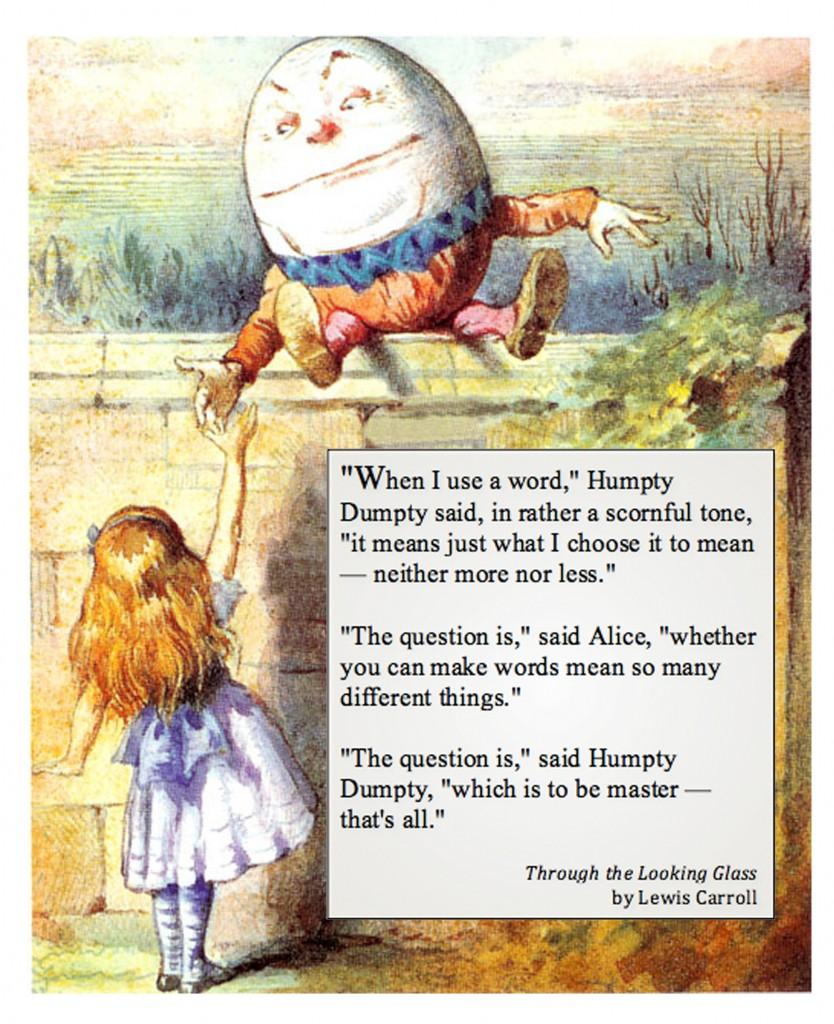Let’s be clear, unicorns unfortunately do not exist and neither does Dutch, my friends. Perhaps you’re saying “no way” and typing “does Dutch really exist” into the google search bar right now. If you click search, Wikipedia will try to inform you that it does indeed exist, but I’m going to tell you why it doesn’t.
Okay, let me be a bit more specific in my claim here. Dutch as a concept referring to one language does not exist. I’ve been corrected many times by Flemings (people from Flanders) when referring to the language as Dutch. They say that I should say Vlaams (Flemish) instead. Herein lies some of the confusion. I spent the better part of 6 months trying to get this Dutch language under control or onder de knie as they say. The courses I took taught me general Dutch or algemene Nederlands. It was a mistake to assume then that after taking those courses I would have all the tools I needed to understand and function in the language. I’m still learning Dutch, I have to, but learning Vlaams (Flemish) (or rather even learning to understand Vlaams and all of its crazy dialects) is the real uphill battle now.
I’m often asked by friends, family members, fellow students and acquaintances how the Dutch is coming along. This is a difficult question to answer. When I began learning the language I was motivated to the extreme to learn as quickly as possible and reach the goal I needed to reach to study at the university. I reached that goal and I was very happy and felt very accomplished. What I didn’t realize then was that even if I study this language for the rest of my life I will probably never be able to say, “Hey! It’s going splendidly.” That’s because Dutch doesn’t only mean one thing and the collection of language variations that this little word represents is fluidly changing as all languages do.

Allow me to illustrate by way of anecdote. Sometimes we will be watching a show on Flemish TV and although I’m listening intently and am completely tuned into the context, I still have no idea what the person on television is saying. At that point I might turn to Christophe and say, “I didn’t understand any of that” and he will respond with a slight smile and say, “neither did I.” In this case, the person on TV was probably speaking some Flemish dialect that even locals from another area of teeny tiny Flanders have a difficult time understanding. No big deal, right? So I can’t understand TV sometimes, life will go on. Right, but lovely readers, this doesn’t only happen in the world of television, it also happens to me daily in all kinds of places.
Occasionally it happens when I am attending a lecture in Dutch at the university. Usually I’m pretty oblivious to people around me during the lectures. I try to optimize my ability to pay attention so I’m often not very social during these lectures and I try to sit by people that are not very social either. It’s extremely difficult for me to listen to a lecture in Dutch, write notes in Dutch (okay sometimes Nengels – hybrid of English and Dutch), and then also try to really grasp what is being discussed all at the same time. Any extra attempt to socialize or have a little conversation during the lecture, or even anyone else’s attempt to have a conversation with their friends around me, completely ruins this delicate balance that needs to be in place for me to actually understand. Some days it goes really well and I have the feeling that I’ve done a very good job of understanding and note-taking. That is when it usually happens. The girl or boy next to me will ask me something during the short break period and I don’t understand anything they are saying. This is when that trusty old ‘Dutch’ grows a shiny horn right out of the middle of its head, its flaxen mane turns glittery, and its newly grown wings carry it off into fantasy world. Yes, friends, this is when that neat concept of ‘Dutch’ no longer exists in reality.
This metamorphosis into the fantastical doesn’t only happen on TV and in the university, though. It also happens on the street, in the tram, in the grocery store, in the coffee shop, anywhere really. So, this is just me, informing the world of the flighty nature of this little language called ‘Dutch’. I’m still trying to trap and tame that unicorn so I can try and figure out what it’s really made of because, who knows, maybe it’s not so mythical after all. Perhaps my unicorn wrangling skills will improve in the upcoming academic year and I’ll have the privilege of sharing what I learn about this interesting, albeit, mysterious beast.

